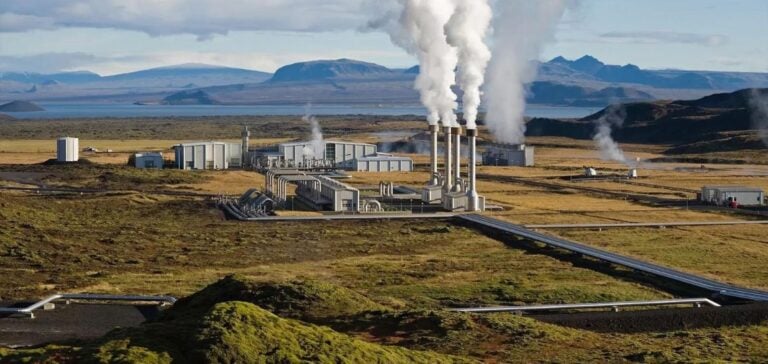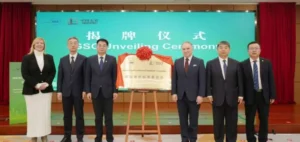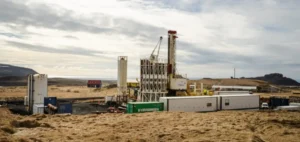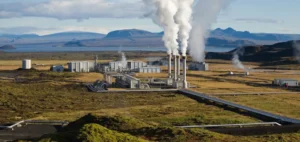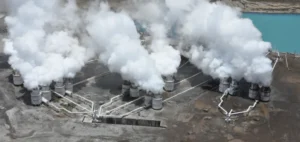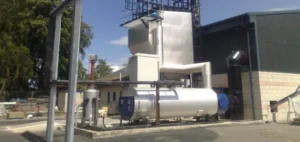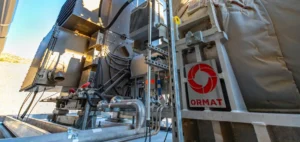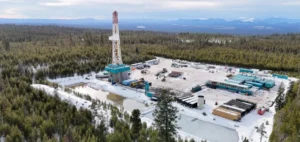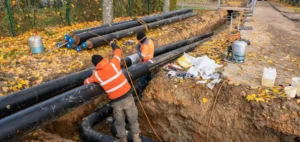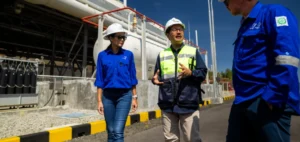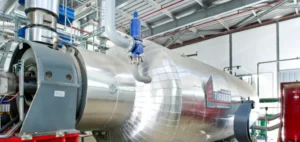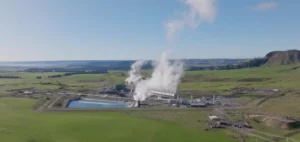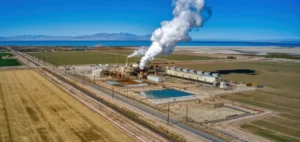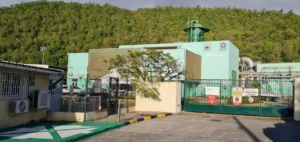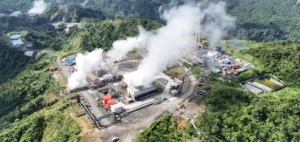In the United States, geothermal energy is strongly supported by the DOE. In fact, the U.S. Department of Energy is investing no less than $44 billion in this sector. But it’s not just the US administration that has grasped the importance of geothermal energy. Japan and the Philippines are betting on geothermal energy, notably with their Tanawon geothermal power plant project.
According to Jennifer M. Granholm, “The United States has incredible untapped potential for geothermal energy”. And this is precisely the perspective behind the partnership between Brightcore Energy and Con Edison. Both are teaming up to offer an incentive program for thermal conductivity testing (“TCT”).
Geothermal energy and sustainability
Geothermal energy offers remarkable potential for reducing greenhouse gas emissions and promoting a sustainable energy transition. By harnessing the natural heat of the subsoil, geothermal systems enable buildings to be heated and cooled efficiently and ecologically. In New York City, for example, nearly 70% of GHG emissions are attributable to heating and cooling the built environment.
TCT Incentive Program
Con Edison’s TCT incentive program, supported by Brightcore Energy, eases the cost of geothermal conductivity testing. It’s part of Con Edison’s Clean Heat program, and will offset eligible costs of geothermal conductivity testing by 50%, up to a maximum incentive of $40,000. Moreover, it aims to encourage companies and institutions to explore the benefits of geothermal energy by reducing the financial barriers associated with initial testing.
Environmental and economic benefits
The adoption of geothermal energy promises both environmental and economic benefits. By reducing dependence on fossil fuels, it contributes to the fight against climate change, while offering long-term energy cost savings. What’s more, this technology creates job opportunities in the renewable energies sector.
With this initiative, Brightcore Energy and Con Edison are paving the way for more widespread use of geothermal energy.


